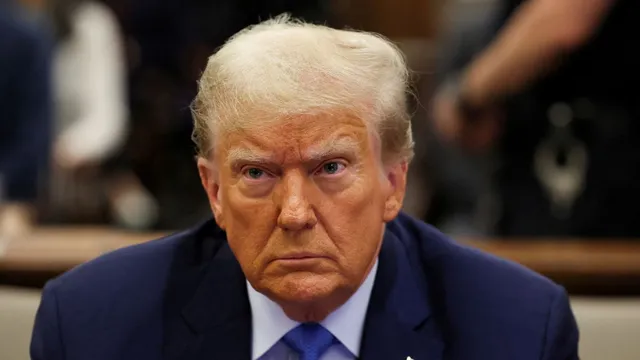- By Shivangi Sharma
- Tue, 27 May 2025 11:25 PM (IST)
- Source:JND
The Trump administration has temporarily paused new student visa interviews at US embassies and consulates worldwide, pending the implementation of a proposed policy requiring all international students to undergo social media vetting, according to a diplomatic cable obtained by POLITICO. The directive, signed by Secretary of State Marco Rubio and dated Tuesday, signals a significant shift in the government’s approach to student visa processing and immigration policy.
The move comes amid internal deliberations to expand national security checks for foreign students by mandating that applicants disclose their social media history. If approved, the proposed rule would affect all F, M, and J visa categories, those typically used by international students, vocational learners, and exchange visitors.
The cable explicitly instructs consular sections not to schedule any new interviews in these visa categories “until further guidance is issued,” suggesting that the policy could be implemented swiftly.
Sharp Turn In Policy
This decision follows a growing trend within the Trump administration to tighten immigration policies and enforce stricter vetting procedures. The administration has previously pushed for increased scrutiny of immigrants' online presence, but applying this to all student visa applicants marks an unprecedented expansion.
In fiscal year 2024 alone, more than 400,000 student visas were issued, making the freeze a significant disruption to the US education sector. Critics warn the change could slow down or block the entry of thousands of prospective students ahead of the academic year, impacting enrollment figures at US universities that heavily depend on international tuition revenue.
National Security And Campus Politics Cited
According to the POLITICO report, the administration argues the policy is necessary to protect national security and to address concerns related to rising antisemitism on university campuses. While the cable does not elaborate on how social media vetting would address these concerns, it aligns with a broader political narrative that seeks to link foreign presence in US institutions with ideological risks. Immigration and education advocates argue that the measure is disproportionate and lacks transparency. They caution that the policy could open the door to invasive surveillance, discrimination, and politicisation of education visas.
If implemented, the social media screening requirement could dramatically reshape the landscape of international education in the United States, with long-term implications for diplomacy, research, and cultural exchange.
ALSO READ: Indian Emails Are Spam? New Zealand Minister’s Comment Sparks Outrage | Here’s What Happened Next

